The Washington University Infectious Diseases Clinical Research Unit ( ID-CRU) is known for its expertise and is well established in the community. Led by Rachel Presti, MD, PhD, the ID-CRU provides access to general Infectious Diseases research opportunities, community outreach and education. Our lead faculty in these areas are:
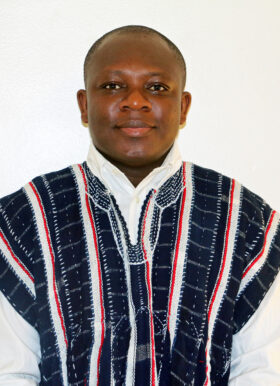
Ishmael D. Aziati, PhD
Instructor of Medicine
- Email: idaziati@wustl.edu
Dr Aziati specializes in the use of integrated approaches to control and prevent emerging vector-borne and zoonotic viral diseases, with a special focus on pathogen surveillance and developing therapeutic interventions.
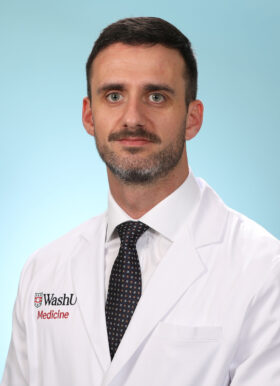
Conor Grant, MD, PhD
Assistant Professor of Medicine
- Email: conorg@wustl.edu
Dr. Grant specializes in the innate immune responses to the pathogens causing Tuberculosis (TB), Nontuberculous Mycobacterial (NTM) and COVID-19 infections, and his laboratory research includes the search for novel therapies targeting the host for these difficult infections.
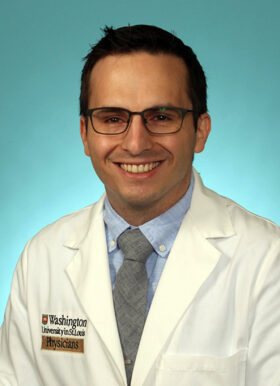
Michael J. Hendrix, MD
Assistant Professor of Medicine
- Email: mhendrix@wustl.edu
Dr. Hendrix specializes in antimicrobial stewardship and clinical infectious disease with a special focus on COVID-19 and bone marrow transplant (BMT) recipients.
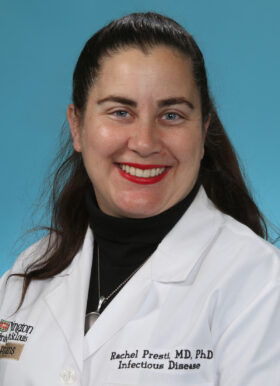
Rachel M. Presti, MD, PhD
Professor, Infectious Diseases | Medical Director of the Infectious Disease Clinical Research Unit (IDCRU)
- Phone: 314-454-8215
- Fax: 314-454-5392
- Email: prestir@wustl.edu
Dr. Presti specializes in clinical and translational research in infectious disease, with a special focus on HIV, SARS-CoV-2 and other viral infections.
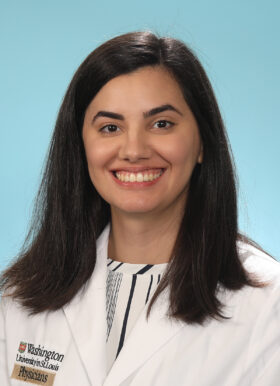
Adriana M. Rauseo, MD
Assistant Professor of Medicine
- Phone: 314-454-8254
- Email: a.rauseoacevedo@wustl.edu
Dr. Rauseo specializes in clinical infectious diseases, with a special focus on mycology and infectious that affect immunocompromised hosts. Since the outset of the COVID-19 pandemic she has served as an investigator in the Infectious Disease Clinical Research Unit (ID-CRU) in multiple clinical trials and translational research in the fight against COVID-19.
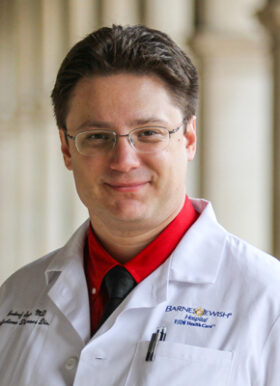
Andrej Spec, MD, MSCI
Associate Professor of Medicine
- Phone: 314-454-8354
- Fax: 314-454-5392
- Email: aspec@wustl.edu
Dr. Spec‘s research is in fungal infections, particularly in immunocompromised patients, including those with transplants. His research focuses on Cryptococcus, Histoplasma, Candida, Aspergillus and other invasive molds. Dr. Spec also runs the division’s clinic focusing on invasive fungal infections, where he takes care of both immunocompromised and immunocompetent patients with fungal infections, which he considers the best and most rewarding part of his job.